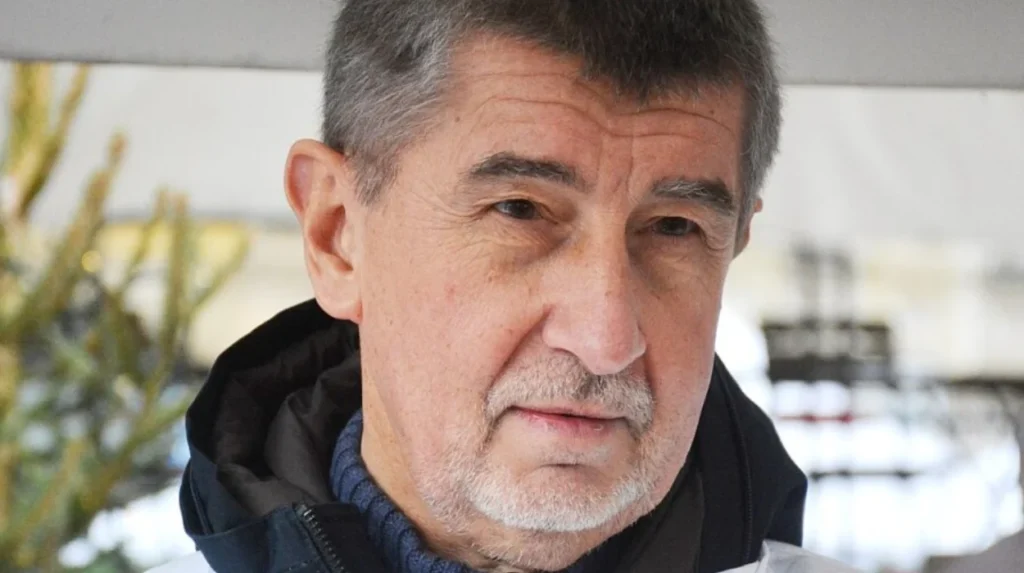Andrej Babiš, the former Prime Minister of the Czech Republic and leader of the populist ANO party, has been embroiled in a high-profile legal battle concerning allegations of fraud related to European Union subsidies. The case centers on accusations that Babiš misused EU funds intended for farming subsidies by funneling money through his business empire, specifically the Stork’s Nest farm near Prague. The allegations first surfaced several years ago, casting a shadow over Babiš’s political career and raising questions about corruption and accountability in Czech politics.
The controversy intensified as Babiš maintained his innocence, describing the charges as politically motivated attempts to undermine his leadership. The initial trial concluded with Babiš being acquitted, a decision that sparked mixed reactions across the Czech Republic and the European Union.
Supreme Court’s Decision to Cancel Acquittal
On June 24, 2025, the Czech Supreme Court delivered a landmark ruling by canceling the previous acquittal of Andrej Babiš in the EU subsidy fraud case. The court cited procedural errors and insufficient examination of evidence as reasons for overturning the verdict. This decision paves the way for a retrial, signaling a renewed judicial scrutiny of Babiš’s actions.
The Supreme Court emphasized the importance of upholding the rule of law and ensuring that allegations of misuse of EU funds are thoroughly investigated. In its statement, the court noted that “the integrity of public funds and the trust of citizens in democratic institutions must be preserved at all costs.” This ruling underscores the Czech judiciary’s commitment to addressing corruption allegations at the highest political levels.
Political Reactions and Implications
The Supreme Court’s decision has sent ripples through the Czech political landscape. Supporters of Babiš condemned the ruling as a politically charged maneuver aimed at destabilizing the populist leader and his party. Babiš himself responded swiftly, asserting that “this is a continuation of a witch hunt against me, designed to prevent me from serving the Czech people and advancing our national interests.” He vowed to fight the charges vigorously in the upcoming retrial.
Conversely, opposition parties and anti-corruption activists welcomed the court’s decision as a crucial step toward accountability. The leader of the Civic Democratic Party (ODS), Petr Fiala, remarked that “no one is above the law, not even former prime ministers. This ruling reinforces the message that misuse of EU funds will not be tolerated.” Civil society groups also called for transparency and urged the government to cooperate fully with judicial proceedings.
EU Perspective on the Case
The European Union has closely monitored the developments surrounding Babiš’s case, given the broader implications for EU subsidy management and anti-fraud measures. EU officials have consistently emphasized the necessity of safeguarding EU funds from misuse and maintaining strict oversight mechanisms.
A spokesperson for the European Anti-Fraud Office (OLAF) stated that
“the investigation and judicial processes in member states are vital to ensuring that EU subsidies are used appropriately and that any allegations of fraud are addressed promptly and transparently.”
The OLAF has been involved in the initial investigation of the subsidy misuse allegations, providing evidence that contributed to the legal proceedings in the Czech Republic.
Historical Context and Legal Proceedings
The legal saga began when Czech prosecutors accused Babiš of obtaining approximately €2 million in EU subsidies through deceptive practices related to the Stork’s Nest farm. The prosecution argued that Babiš’s companies effectively controlled the farm, violating EU rules that prohibit large business owners from receiving certain agricultural subsidies.
In 2023, the Regional Court in Prague acquitted Babiš, citing insufficient evidence to conclusively prove fraud. However, the Supreme Court’s recent decision highlights concerns about the thoroughness of the initial trial and the need for a more comprehensive review of the facts.
The retrial is expected to revisit key evidence, including financial records, witness testimonies, and expert analyses of subsidy eligibility. Legal experts anticipate a complex and protracted process, given the high-profile nature of the case and its political ramifications.
Broader Impact on Czech Politics and EU Relations
The case against Babiš is emblematic of broader challenges facing the Czech Republic in combating corruption and strengthening democratic governance. It also reflects tensions between national political dynamics and EU regulatory frameworks.
Babiš’s tenure as prime minister was marked by both economic reforms and controversies related to conflicts of interest and media ownership. His populist rhetoric and Eurosceptic tendencies have polarized public opinion, complicating Czech relations with Brussels.
The Supreme Court’s ruling may influence upcoming elections and reshape political alliances. It also sends a message to other EU member states about the importance of judicial independence and accountability in managing EU funds.
The Czech Supreme Court’s cancellation of Andrej Babiš’s acquittal in the EU subsidy fraud case represents a significant development in the ongoing fight against corruption in the Czech Republic. The decision to order a retrial underscores the judiciary’s resolve to ensure justice is served, regardless of political stature.
As the retrial unfolds, all eyes will remain on how the legal process balances the demands of transparency, fairness, and political stability. The outcome will not only affect Babiš’s political future but also signal the Czech Republic’s commitment to upholding the rule of law and maintaining trust in EU funding mechanisms.







